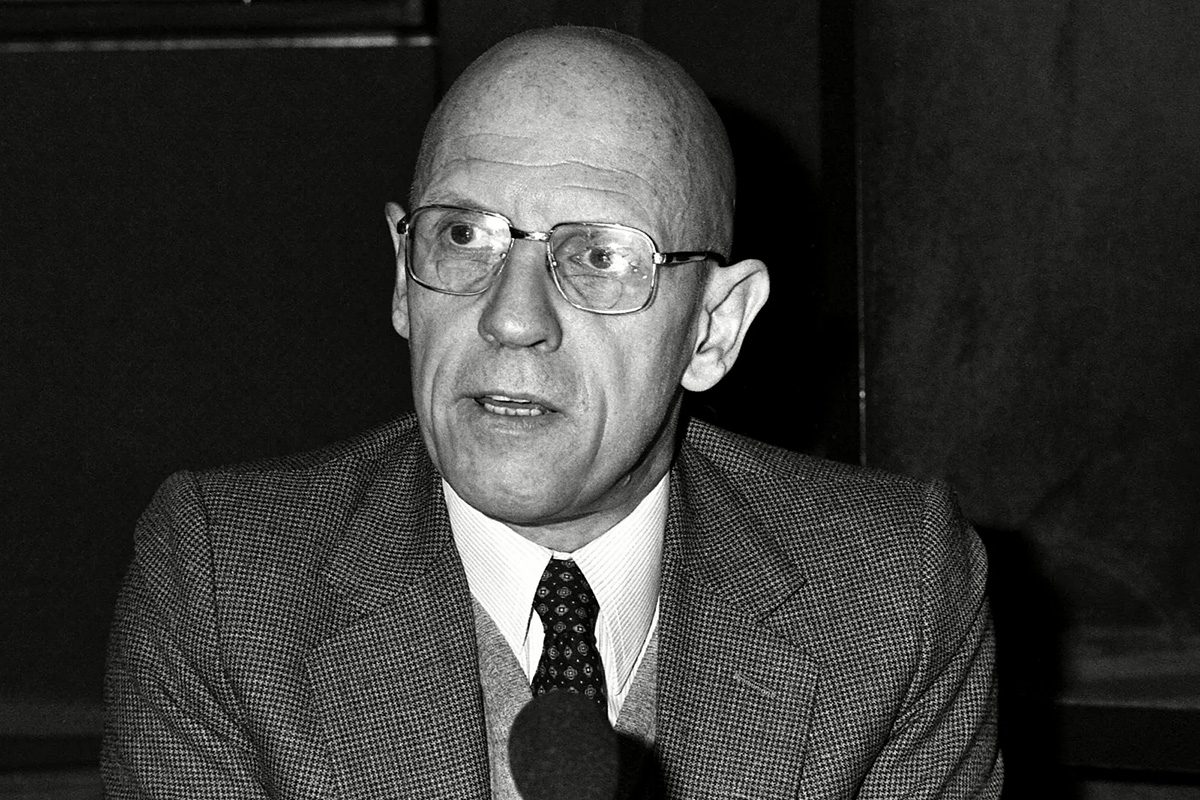Chapman University recently released its annual Survey on American Fear. Given the headlines of 2020 and 2021—including a global pandemic, major cities in flames across the nation, a contentious presidential election, claims of election fraud, an unprecedented storming of the Capitol, troop withdrawal from the terrorist haven of Afghanistan, government-enforced shutdowns, vaccine mandates, and more—who would be surprised to see fear on the uptick across America?
Chapman’s research found that it is not the fact of fear, but the focal point of fear, that shifts by political affiliation. For example, 29.5 percent of conservatives feared the outcome of the 2020 election, compared to 74.6 of liberals. Over half of Democrats are “afraid” or “very afraid” of contracting Covid; a quarter of Republicans share that fear. Only 43.2 percent of Americans identifying as “extremely conservative” fear widespread civil unrest, compared with 75.8 percent identifying as “extremely liberal.”
Of course, the political left doesn’t have a monopoly on fear. Fear crosses partisan lines because, well, there are human beings across the political spectrum. The bipartisan power of fear is evident in the fact that the foremost fear in the U.S. (for the sixth year in a row) is fear of “corrupt government officials.” It’s a fear shared by Republicans (84.6 percent) and Democrats (77.8 percent) alike; it is such a dominant fear that the next highest-ranking fear (“people I love dying”) is a full 20 points lower. There are many reasons (some valid, some irrational) why the thought of “corrupt government officials” sparks so much fear—even more than the thought of losing a loved one.
For Christians, fear like this should be met with a bigger perspective.
First-Century Faith
To shed light on our highly phobic political moment, let’s go back to the first century. The Book of Acts records at least 13 incidents of political corruption—usually with violent and even deadly implications. Of those 13, the examples of early Christians responding with fear, doom-and-gloom, or political paranoia is precisely zero. Of those 13, the examples of early Christians responding with boldness—publicly proclaiming the good news of Jesus, loving their neighbors, and refusing to back down in the face of political death threats—is precisely 13.
Consider the first clear case of political corruption recorded in Acts. Peter and John have been arrested in Jerusalem for publicly healing and preaching the gospel. In Acts 4, the religious and political powers issue a death threat, essentially “Shut up about Jesus or we’ll shut you up.” Upon release, Peter and John break the bad news to the Jerusalem church. Imagine being huddled with your church family in a home as you hear this news. The predictable response would be fear, if not panic.
But what does the early church do? They pray. They open by addressing God as Despotes (Acts 4:24)—“sovereign Lord.” It’s a word that carries a sense of absolute, total, unstoppable power. These early Christians know what while there may be strong religious and political forces set on destroying them, none merit the title Despotes. Their prayer continues with a declaration that God is the Creator of the whole universe, followed by an interpretation of Psalm 2 about the futility of all human attempts to thwart God’s redemptive plans (v. 26).
The prayer then turns to the crucified Christ. The political forces (“kings” and “rulers”) who conspired in the execution of Jesus did whatever “God’s hand and plan had predestined to take place” (v. 28). Luke stacks power-terms one on top of the other in this verse: cheir, for the unstoppable hand of God; boule, for the irrevocable plan of God, and proorisen, for God’s predetermining sovereignty.
Where was God on that dark day when it seemed like corrupt political powers prevailed over Jesus? The early church’s answer is unambiguous. God was right where he’s always been, on his sovereign throne. The early Christains apply that fear-dispelling truth to their own potentially lethal plight at the hands of corrupt leaders. And so “they continued to speak the word of God with boldness” (v. 31), and the church grew exponentially in the face of radical intolerance.
Countercultural Fearlessness
But what if atheism is true? What if there is no Despotes—no sovereign Lord—and we are all just cosmically alienated accidents in an accidental universe? If so, then fear is the logical psychological response to the headlines. So we shouldn’t be surprised that fear of corrupt leaders is rising at the same time secularism is. As faith in an all-powerful God wanes, fear of powerful men rises.
But fear is not the logical psychological outworking of robust theism. This is an opportunity for believers in an anxious age. Christians can be redemptively countercultural by taking our cues less from social-media algorithms that promote fear, and more from the theology of the first-century church. We can point anxious friends, family, and neighbors to the fear-dispelling God of the universe, “who made the heaven and the earth and the sea and everything in them” (Acts 4:24), and whose power dwarfs earth’s most powerful empires, nations, and kings.
As we begin this year, knowing the world will be inundated with fearsome headlines of every sort, let us live from the fact that God is enthroned. Let’s be winsomely fearless in our anxious age.




